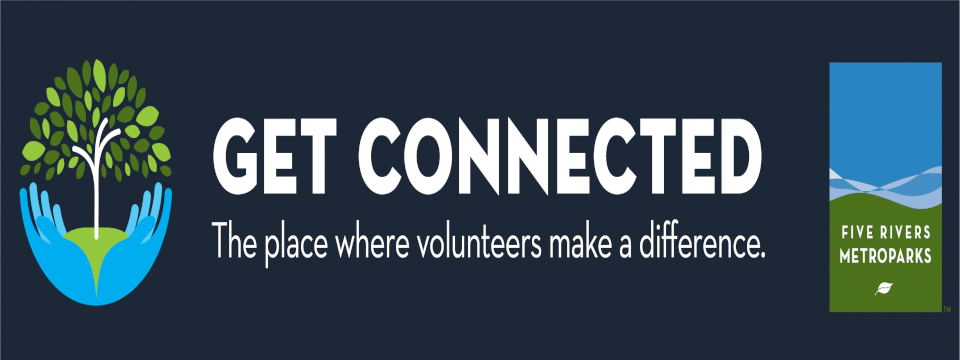The individuals who volunteer their time and talents help put excitement and perspective into the activities at the Carriage Hill Historic Farm.
The interpretative purpose of the farm is to use the Arnold Family, who once lived at Carriage Hill Farm, as a guide to how a real conservative farm family is in real-time at a real place. Historic Interpreter volunteers bring the history of the Daniel Arnold Historic Farm to life by interpreting 19th-century farm life and demonstrating simple everyday farm tasks.
Impact
Volunteers represent what living in the 1880s might have been like, and help visitors make a stronger connection to the history of Carriage Hill and experience life on an 1880s working farm. This opportunity will allow people to enjoy an experience at the historic farm, learn more about and get a personal introduction to life on the farm.
Tasks
Under the supervision of the historic farm staff, volunteers assist and support with the following:
- Greet and welcome visitors to the historic farm.
- Share information about the farm including the purpose of the buildings, daily farm tasks, special activities that may be offered, the animals on the farm, unique aspects of clothing worn, and how these things relate to modern life.
- Be an ambassador for Carriage Hill and share points of interest in the park and upcoming events with visitors.
- Assist staff with daily farm tasks in and around the historic homestead to help recreate life on the farm for visitors.
- Daily farm tasks may include sweeping the house, doing laundry, and dishes, starting the stove for hot water or making biscuits and cookies, harvesting from the heirloom garden as produce ripens, and general historic chores and craft
- Each weekend’s focus will be on various demonstrations and volunteer skill-building.
- Week 1: ropes, cords, spool and rake knitting, narrow bands, spinning
- Week 2: cookery in the morning; knitting, weaving, and/or crocheting in the afternoon
- Week 3: biscuits in morning; kids games in the afternoon (checkers, Jacob’s ladder, string games, old maid card game, shut the box)
- Week 4: quilting and piecing, sewing (hand or machine)
- Week 5: spinning and winding yarn
- Engage visitors in the activities on the farm when and where possible and safe to do so.
- Assist staff lead during the program to create a better learning environment for this interactive program.
- Review additional materials prepare for tour groups and visitors
Eligibility: This opportunity is open to Short-term and Long-Term who are 16 years or older and have qualified as a historic interpreter. Learn more about our types of service here.
- Youth volunteers ages 14-17 are not required to complete a background check. If you are a new youth volunteer contact volunteer.services@metroparks.org to have your background check waived.
- Historic Interpreter Qualification: Visit the Historic Interpreter page in our Training Library to see what training is required to become part of the Historic Interpreter volunteers.
Additional Notes
- Environment & Physical Demands: This program takes place indoors and outdoors. Volunteers may participate in some bending, kneeling, reaching, and lifting objects to 10 lbs or more.
- Parking & Meeting Instructions: Volunteers will meet at the Historic Farm. Click here for a map of Carriage Hill MetroPark. Volunteers arrive 15 minutes before the beginning of the program. Staff leads will orient volunteers to the day's agenda, and review specific stations, and other important information.
- Dress: Period apparel is required. Volunteers who need to be still fitted must contact the staff lead to set an appointment before the opportunity.
Look for additional details about this opportunity at the bottom of this listing! See the Programming Volunteer Position Description for more information.





